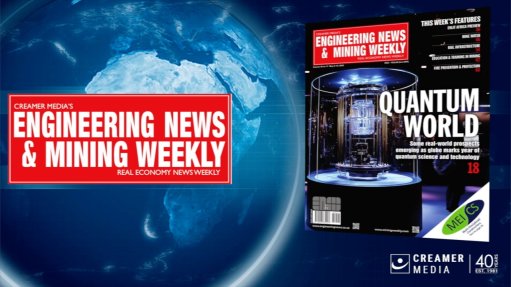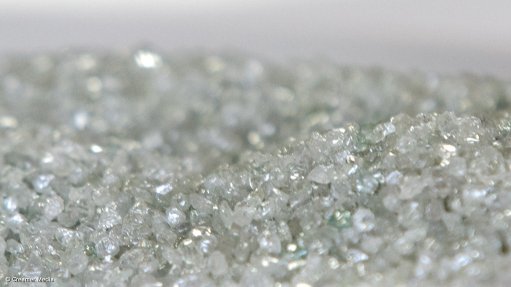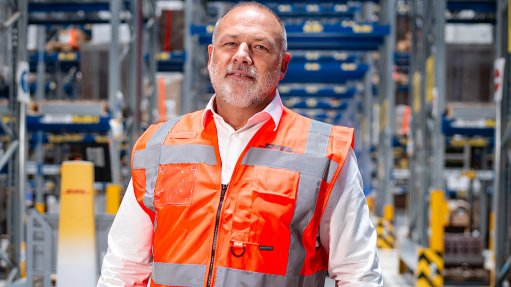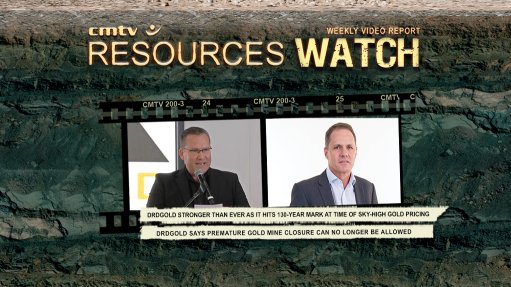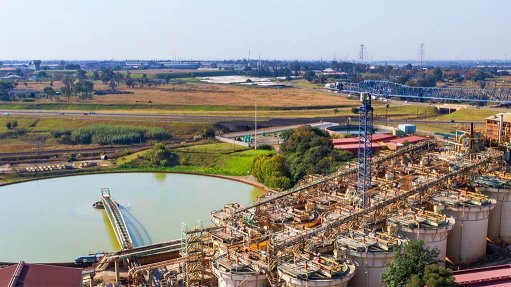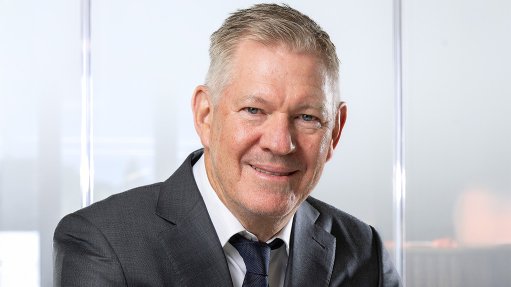Energy multinational outlines South Africa’s $100bn green hydrogen export opportunity

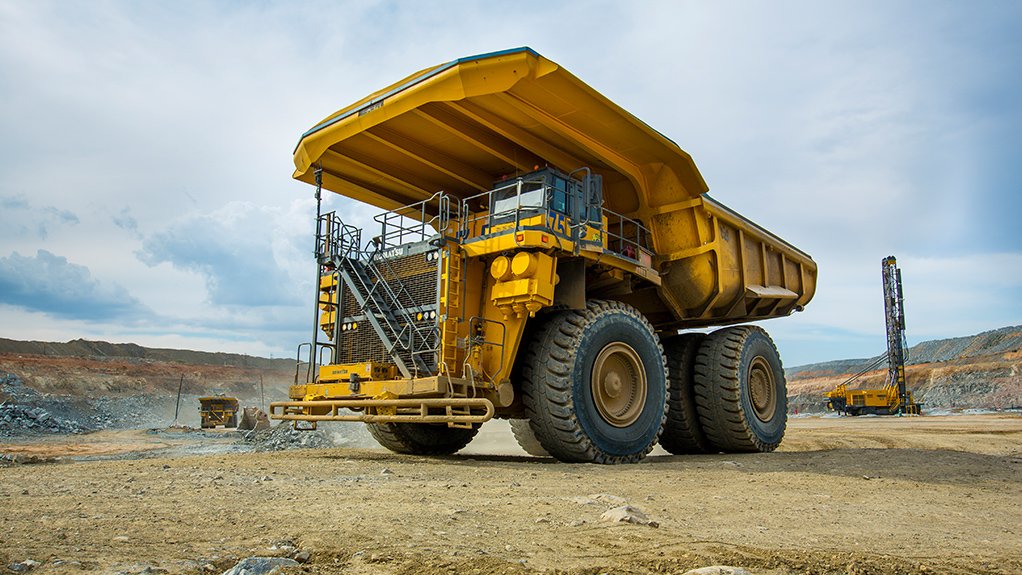
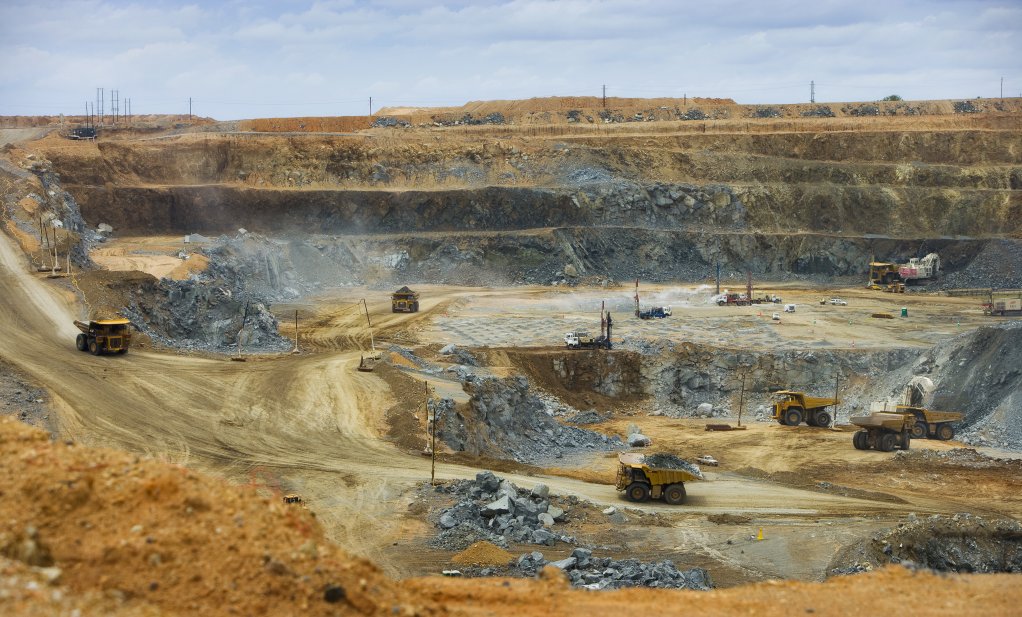
Proof of concept for the Mogalakwena hydrogen mining truck should be finalised during 2021
French energy multinational Engie says that South Africa is ideally positioned, by virtue of its solar and wind endowments, to emerge as a global leader in the production of green hydrogen and derivative carbon-neutral fuels and chemicals, which could generate domestic and export revenues worth billions while creating thousands of new jobs.
Engie Africa Power and Gas senior hydrogen solutions developer Koen Langie told participants at a Nedbank webinar this week that South Africa’s domestic market for green hydrogen could be worth $10-billion a year, underpinned by demand from the mining and minerals, steel, transport and petrochemicals sectors.
However, he indicated that the export potential was even bigger, possibly larger than $100-billion, owing to the important role that countries such as South Africa could play in delivering low-priced green hydrogen to those markets in Europe and Asia where the renewables resources needed to produce green hydrogen competitively were absent.
Green hydrogen is produced by using renewable electricity and an electrolyser to separate water into hydrogen and oxygen.
Langie said that Engie expected green hydrogen to play a central role, either directly or through drop-in alternatives such as ammonia, kerosine, or methanol, in decarbonising energy intensive mining, minerals processing, and fertiliser, steel and cement production processes, as well as marine, aviation and heavy-duty land transportation services.
It could also be used to displace natural gas in heating and cooling and provide flexibility in electricity systems that are increasingly underpinned by variable renewable energy generators.
Hydrogen was, thus, an “energy vector” that was able to connect various energy segments so as to stabilise electricity grids and decarbonise those processes and services that cannot be decarbonised directly through renewable electricity.
“As Engie, we are focusing on countries with competitive renewables and energy intensive sectors to kick-start the market locally. But eventually we want to export hydrogen, so that we can really export renewable energy from one country to another and this is certainly where South Africa could have a role in exporting to Europe or Japan, or other countries that have a deficit of renewable energy,” Langie explained.
The multinational was already pursuing various hydrogen projects globally, including a partnership with Anglo American on a hydrogen mining truck at the Mogalakwena platinum mine in South Africa’s Limpopo province.
“For small applications, the battery will be used. But when the application is bigger and used intensively, like a mining truck, you need a technology that can have a longer autonomy and that can also be recharged quickly – and this is where hydrogen really starts making sense.”
He indicated that the proof of concept for the Mogalakwena hydrogen mining truck should be finalised during 2021.
“If successful, we will then begin scaling up across the mine and hopefully we will look for other mines, both Anglo mines and with other mining customers in South Africa and abroad.”
In addition, the group is working on South Africa’s ‘Hydrogen Valley’ concept, to use hydrogen to decarbonise heavy-duty transport between Limpopo and Durban.
These “early adopter” projects were key to unlocking the larger opportunity, which the Hydrogen Council calculated could result in a $2.5-trillion global industry by 2050 and create as many as 30-million jobs.
“There have already been announcements by Chile and Australia about their ambitions to export green hydrogen . . . but actually South Africa is right in the middle [of these demand centres in Europe and Asia] and it also has all the conditions to make green hydrogen at competitive prices, as well as interesting port infrastructure in Saldanha and Durban.
“So why start not thinking as well about exporting green hydrogen, once local demand is growing and scaling up. It’s a rough estimation but this could easily surpass a $100-billion business of hydrogen exports from South Africa to other countries.”
Comments
Press Office
Announcements
What's On
Subscribe to improve your user experience...
Option 1 (equivalent of R125 a month):
Receive a weekly copy of Creamer Media's Engineering News & Mining Weekly magazine
(print copy for those in South Africa and e-magazine for those outside of South Africa)
Receive daily email newsletters
Access to full search results
Access archive of magazine back copies
Access to Projects in Progress
Access to ONE Research Report of your choice in PDF format
Option 2 (equivalent of R375 a month):
All benefits from Option 1
PLUS
Access to Creamer Media's Research Channel Africa for ALL Research Reports, in PDF format, on various industrial and mining sectors
including Electricity; Water; Energy Transition; Hydrogen; Roads, Rail and Ports; Coal; Gold; Platinum; Battery Metals; etc.
Already a subscriber?
Forgotten your password?
Receive weekly copy of Creamer Media's Engineering News & Mining Weekly magazine (print copy for those in South Africa and e-magazine for those outside of South Africa)
➕
Recieve daily email newsletters
➕
Access to full search results
➕
Access archive of magazine back copies
➕
Access to Projects in Progress
➕
Access to ONE Research Report of your choice in PDF format
RESEARCH CHANNEL AFRICA
R4500 (equivalent of R375 a month)
SUBSCRIBEAll benefits from Option 1
➕
Access to Creamer Media's Research Channel Africa for ALL Research Reports on various industrial and mining sectors, in PDF format, including on:
Electricity
➕
Water
➕
Energy Transition
➕
Hydrogen
➕
Roads, Rail and Ports
➕
Coal
➕
Gold
➕
Platinum
➕
Battery Metals
➕
etc.
Receive all benefits from Option 1 or Option 2 delivered to numerous people at your company
➕
Multiple User names and Passwords for simultaneous log-ins
➕
Intranet integration access to all in your organisation







